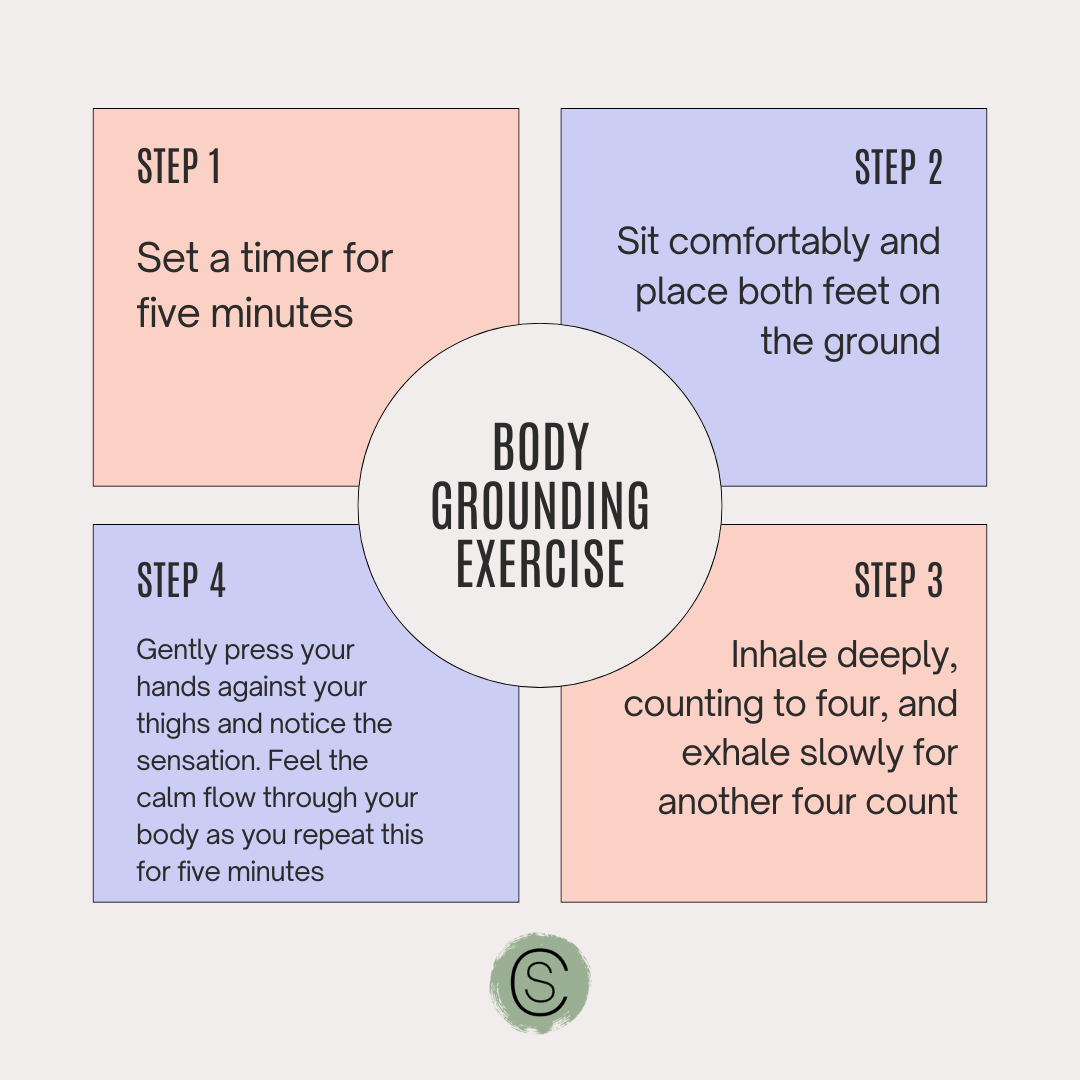Signs It’s Time to Get Help for Your Teens Anger
The tween and teen years are a time of growth, change, and exploration. This is also a time of stress and uncertainty. These are the years of middle and high school when tween and teens begin to navigate social pressures, academic performance hurdles, hormonal changes, and varying life transitions.
Understanding Anger in Teens
Anger is a natural emotion that children and adults experience. Factors like hormonal changes, social and academic pressures, self-esteem, and environment can influence feelings of anger.
Teens that have a challenging time with managing anger may experience a difficulty with resolving conflict, expressing their feelings, navigating school issues, and may be prone to experience mental health issues.
Why It’s Important For Your Teen To Learn How To Regulate Their Emotions.
Yes, anger is a natural emotion. You will find it on the big wheel of emotions right near joy, sadness, frustration, and the rest of the feelings. Anger has even been showcased in the popular movie inside out 1 and 2.
Emotional Intelligence and Anger
Your child’s ability understand and regulate their anger is associated to their emotional intelligence. A helpful book on emotional intelligence can be found here. Emotional intelligence has the following key domains:
- Self-awareness.
- Self-Regulation
- Motivation.
- Empathy.
- Social skills.
Working with a counselor can help your child develop and improve their skills in the area of emotional intelligence. This area of focus can directly help them with regulating their anger and just about any other emotion they experience.
Emotional intelligence can help teens to pause and think when they experience anger instead of react and disrupt. Your child’s ability to self-regulate directly helps them to hold awareness with the feelings that they are experience and give them space.
Ample studies have shed light on the positives of emotional intelligence in the areas of emotional regulation and anger management. One study in particular explored emotional intelligence and empathy. The study found high emotional intelligence to be connected to good relationships with others. This is

Common Triggers of Anger in Teens
It is important for your child to know what triggers anger. This is a key step in learning how to regulate anger. Common triggers of anger for teens include:
- Academic Pressure.
- Stress from schoolwork and expectations.
- Peer Relationships.
- Conflicts with friends.
- Bullying.
- Family Dynamics.
- Arguments or lack of understanding at home.
- Hormonal Changes.
- Biological changes affecting mood.
Seeking Professional Help
If anger is creating challenges for your child, becoming unmanageable, or leads to destructive behavior, seeking counseling can help. Counselors at Santos Counseling hold evidence-based techniques that support teens in managing anger. Examples include Cognitive Behavioral Therapy (CBT), Mindfulness, Somatic, and Dialectic Behavioral Therapy (DBT).
Early intervention can prevent the development of more severe challenges in the future.
Counseling can be an effective and safe space aimed to help your child understand their triggers, develop skills in the area of emotional intelligence, and receive support with developing strategies to cope with anger effectively.





